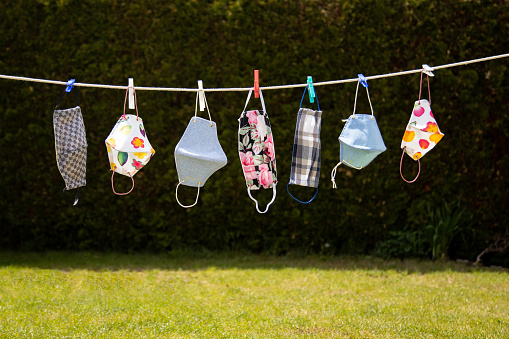During these uncertain times, it’s natural to feel worried and unsure. Because there are a lot of unknowns surrounding the novel coronavirus (COVID-19), many people are searching for answers to help them quell their fears. Scammers are increasingly targeting people with offers of products that claim to cure or prevent the virus, as well as attempting to get personal information.
Here’s what you should know to keep yourself safe.
Scams come in all forms: According to the FTC, you may encounter scams for products or solutions that claim to cure or prevent the virus, donations for sick individuals, fake information and more.
Beware of online offers for vaccinations: There is no vaccine for COVID-19. If there was a treatment or vaccine for the virus, you would be hearing about it from a reputable source like the CDC or WHO, not from an online ad.
Do your homework on donations: Be wary of anyone seeking a donation that requires you to wire money to them, send gift cards or send cash. Avoid charity scams with these tips.
Keep an eye out for fake emails, texts and phishing attempts: Scammers can create messages that appear as if they’re from organizations like WHO or CDC. They can then infect your computer with ransomware if you click on a link. Protect your computer and information by installing appropriate antivirus software on your computer. Also, if a link looks suspicious, don’t click it. While you can sign up for updates from the CDC, it’s unlikely the emails will contain misspellings or ask you to download anything. If you receive an email with an official logo full of errors or asking you to download information, don’t click on anything.
Be aware of undelivered goods: If you’ve been to the store lately, you’ve likely noticed a shortage of items like toilet paper, paper products, gloves and cleaning supplies. Scammers can use this information to offer these goods, take your money and then never deliver the items. Before making a purchase, research the seller using their business name and words like “review,” “scam” or “complaint.” If you make a purchase and don’t receive your items or there’s another issue with your purchase, contact your state’s attorney general.
Stay aware of coronavirus scams by following what the FTC is doing here.













